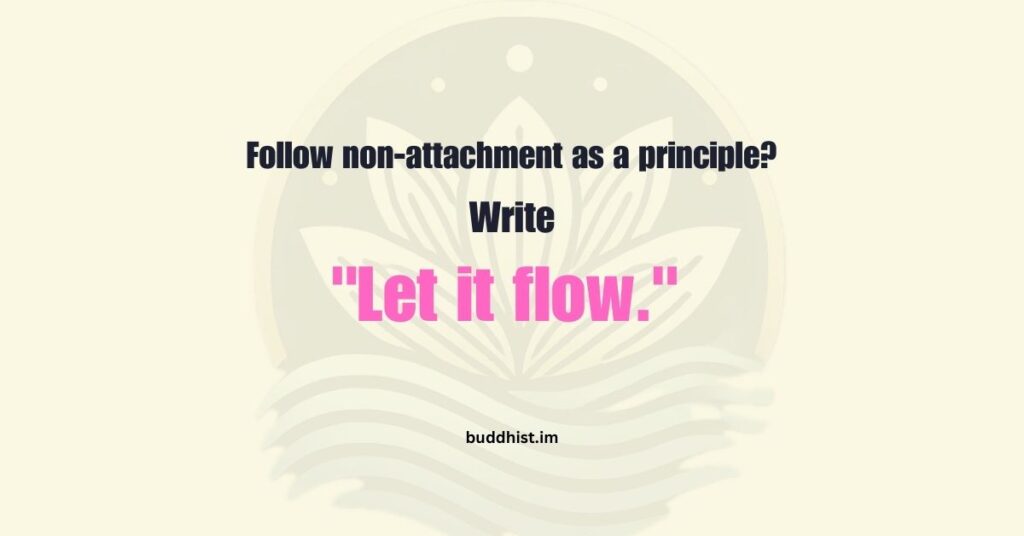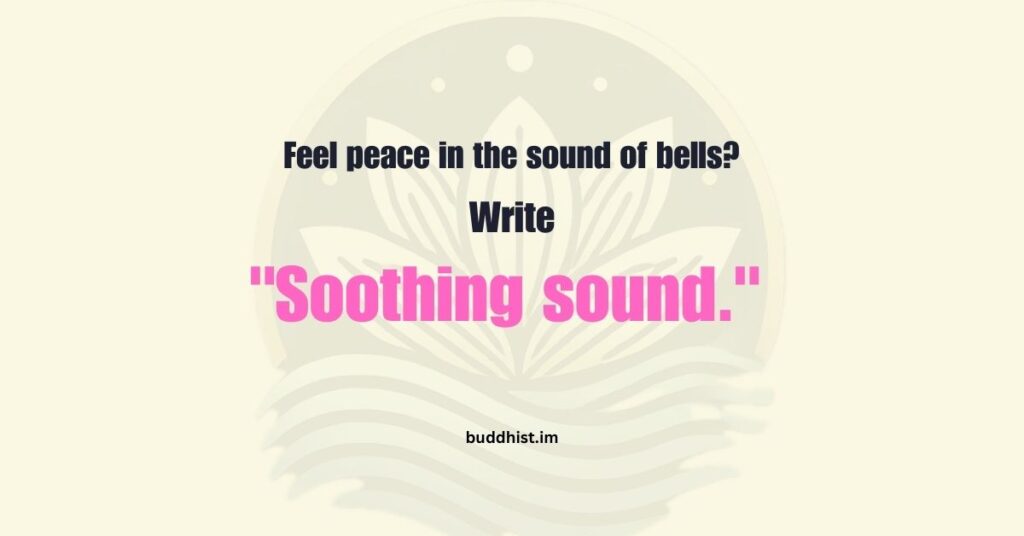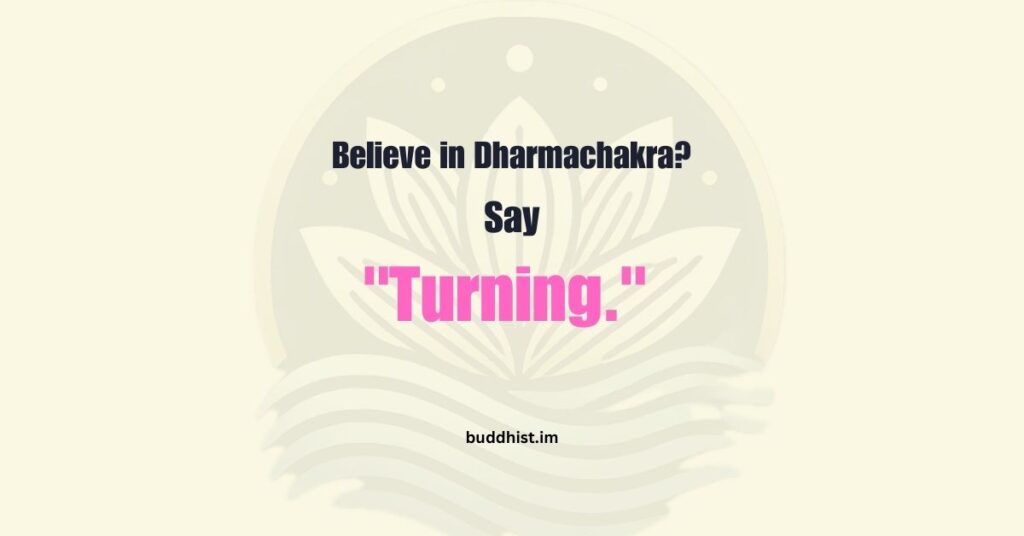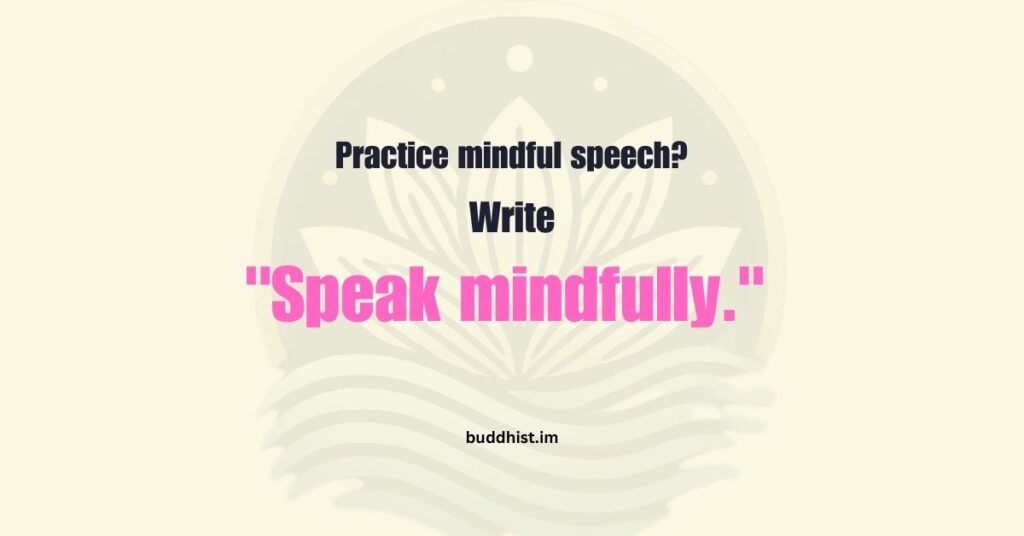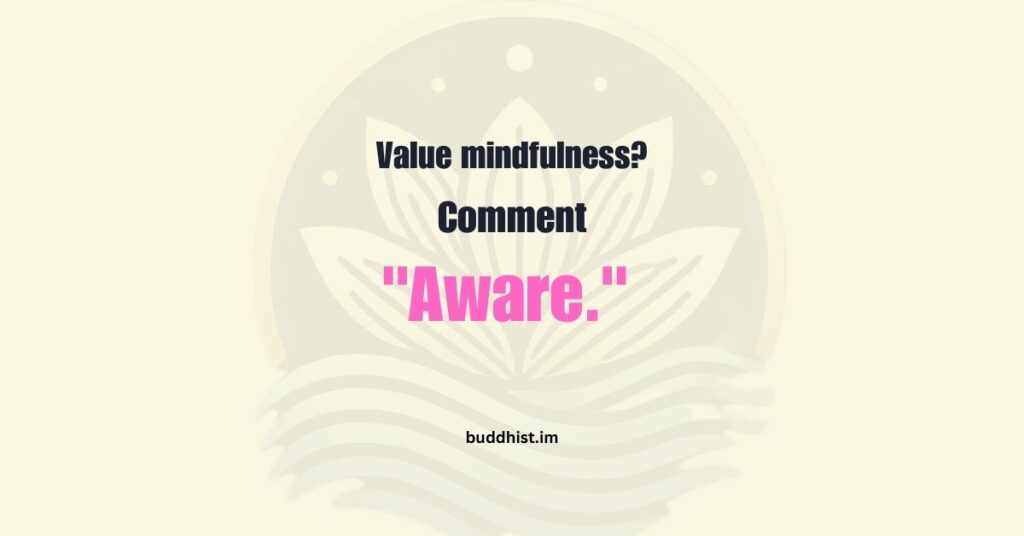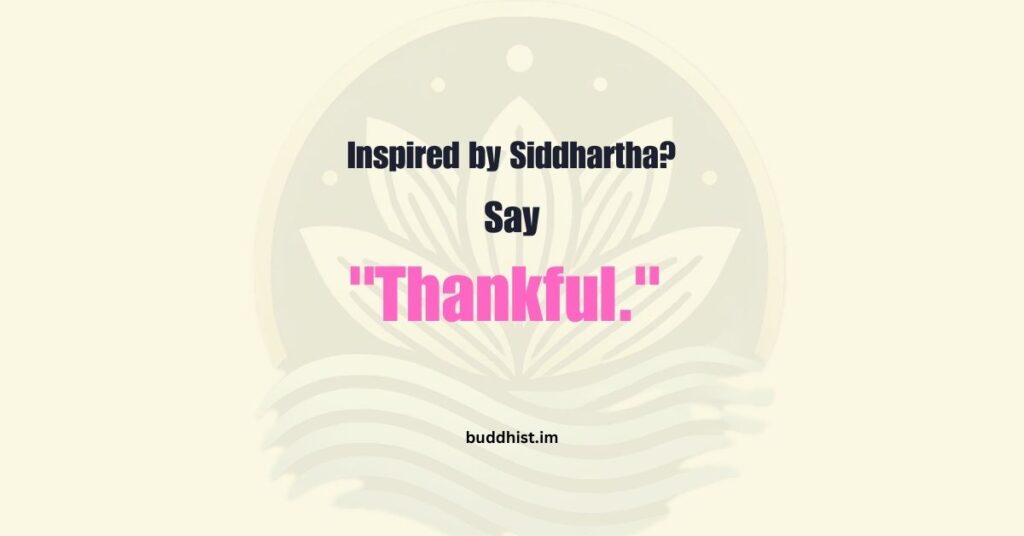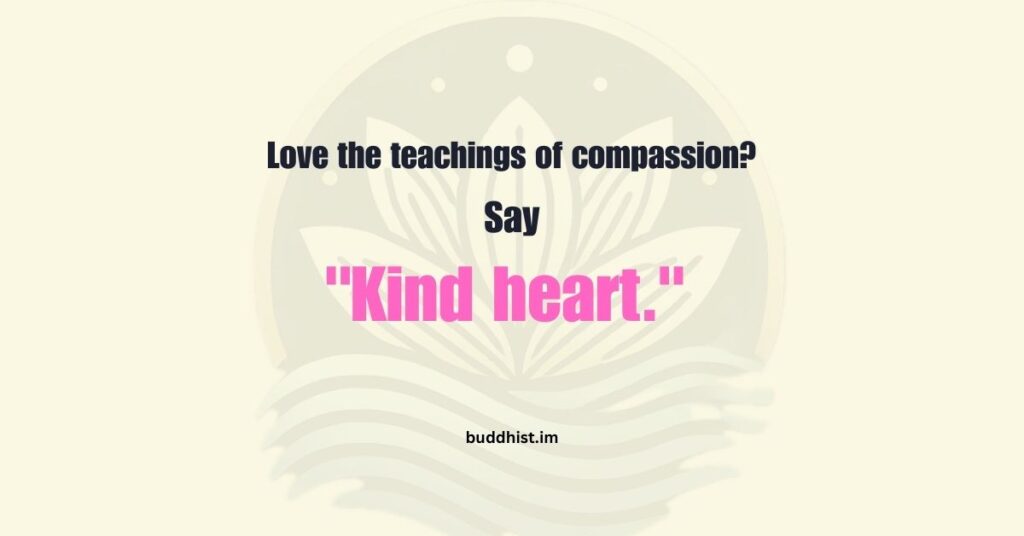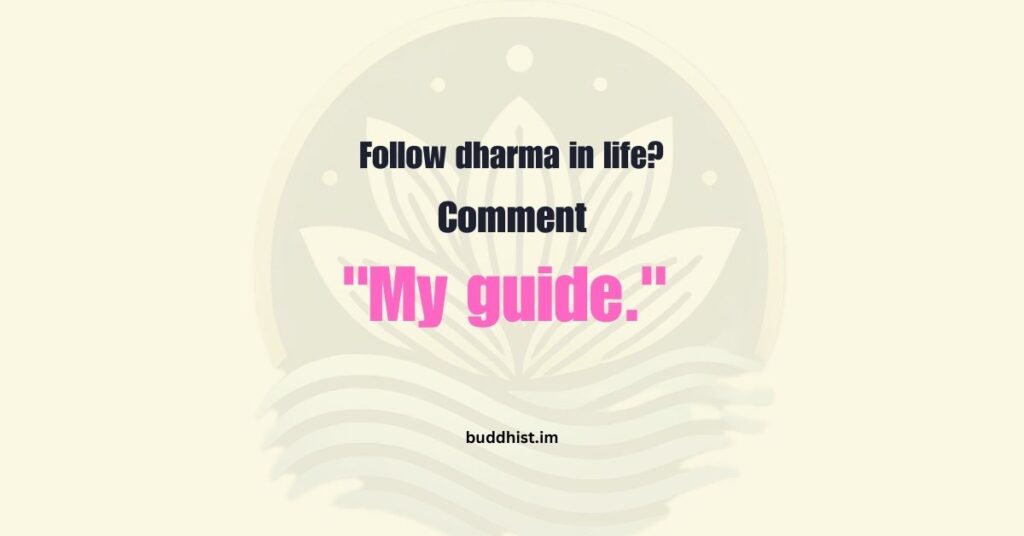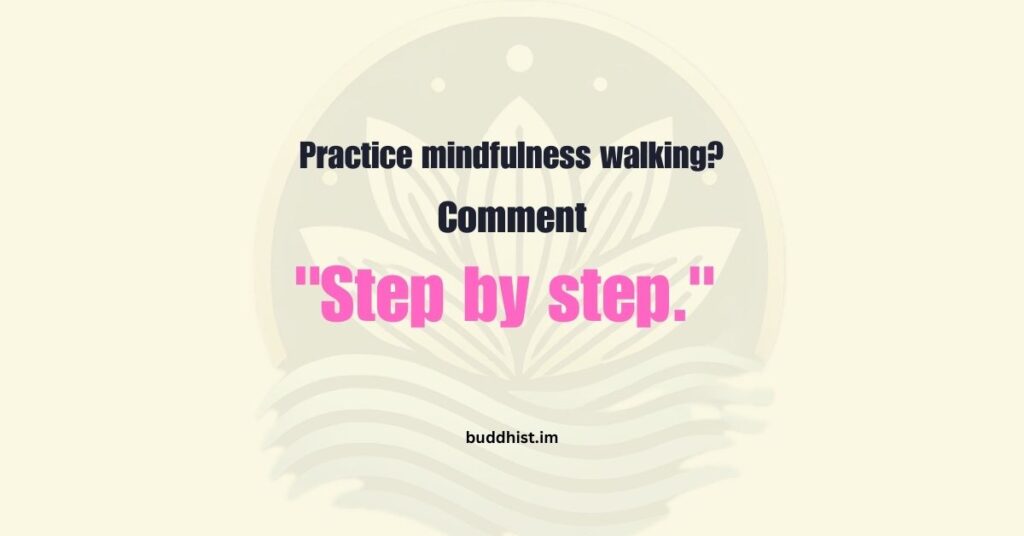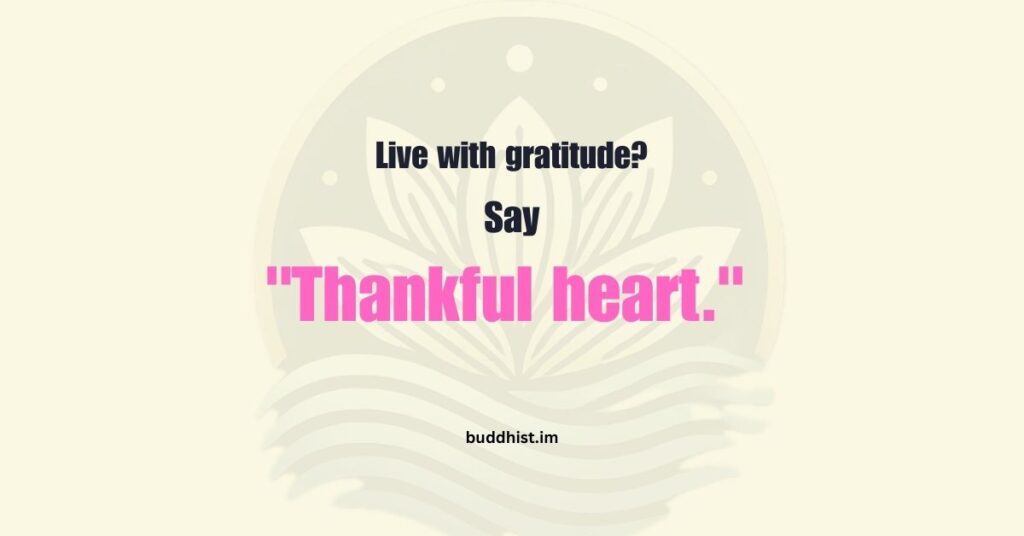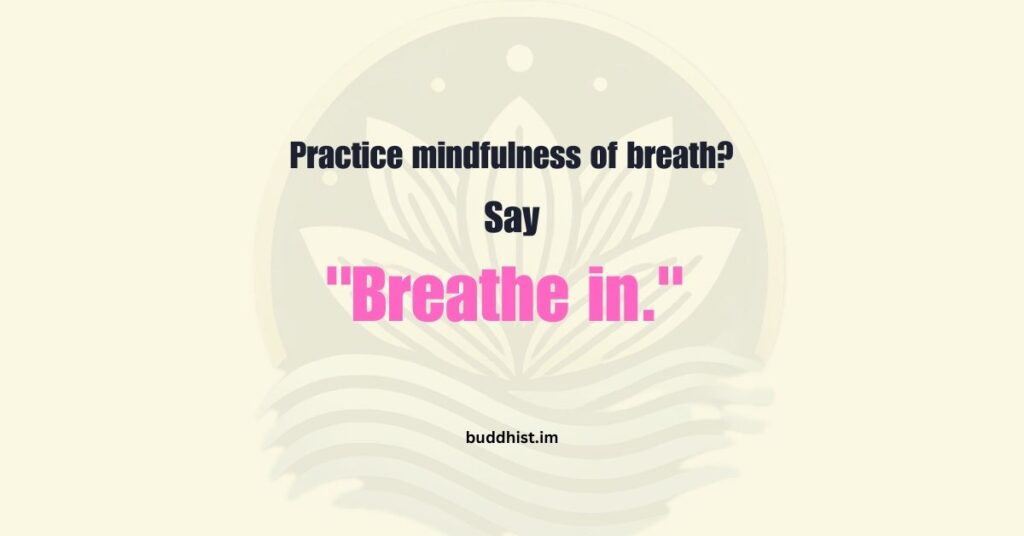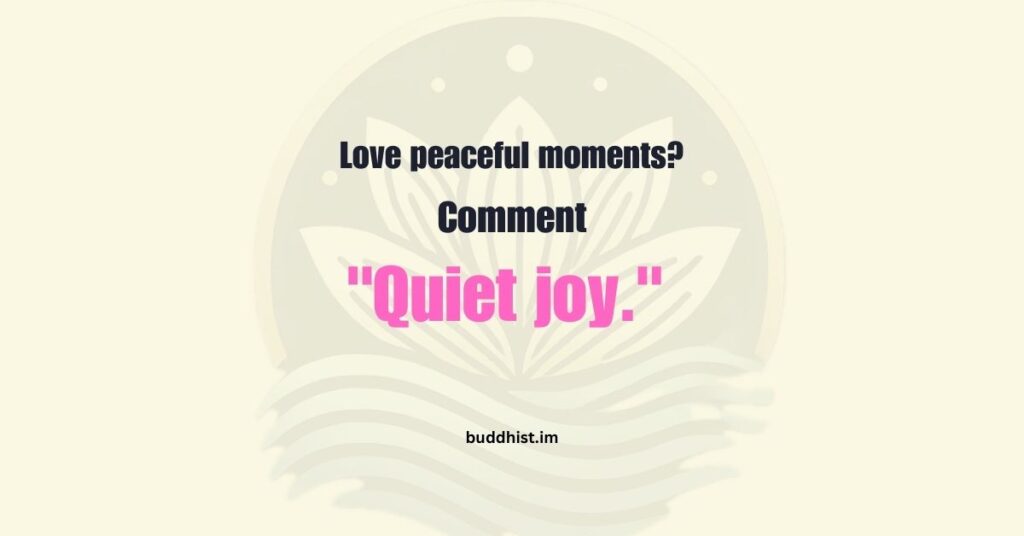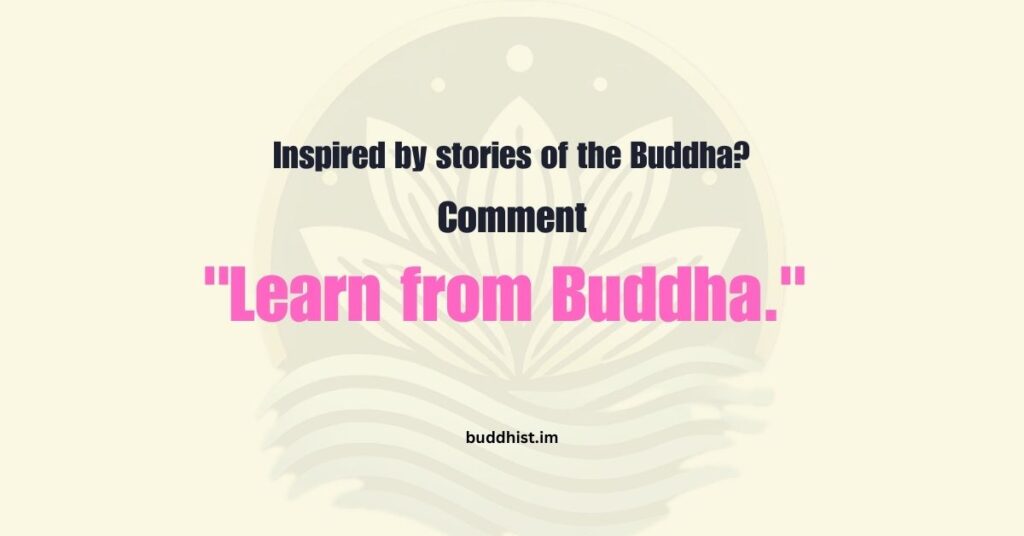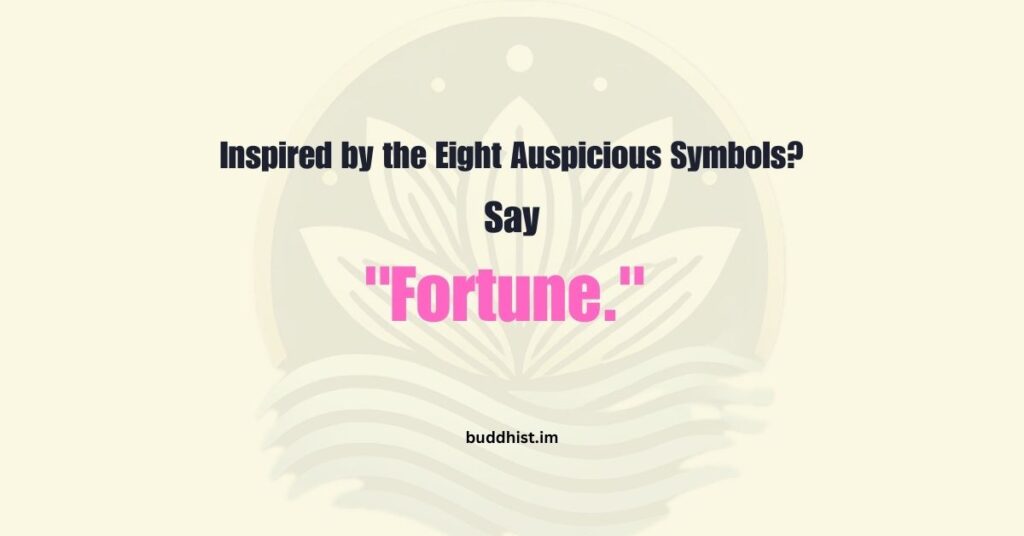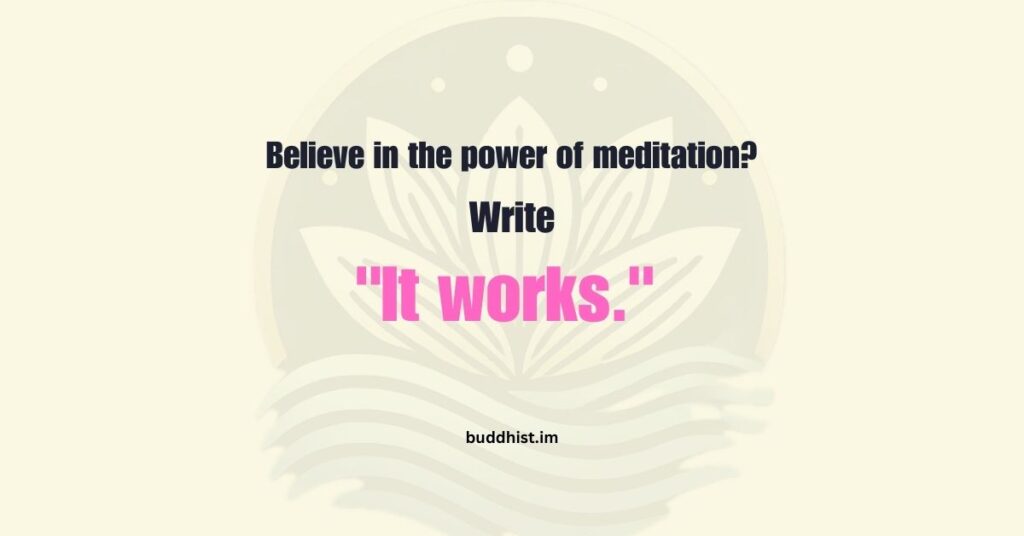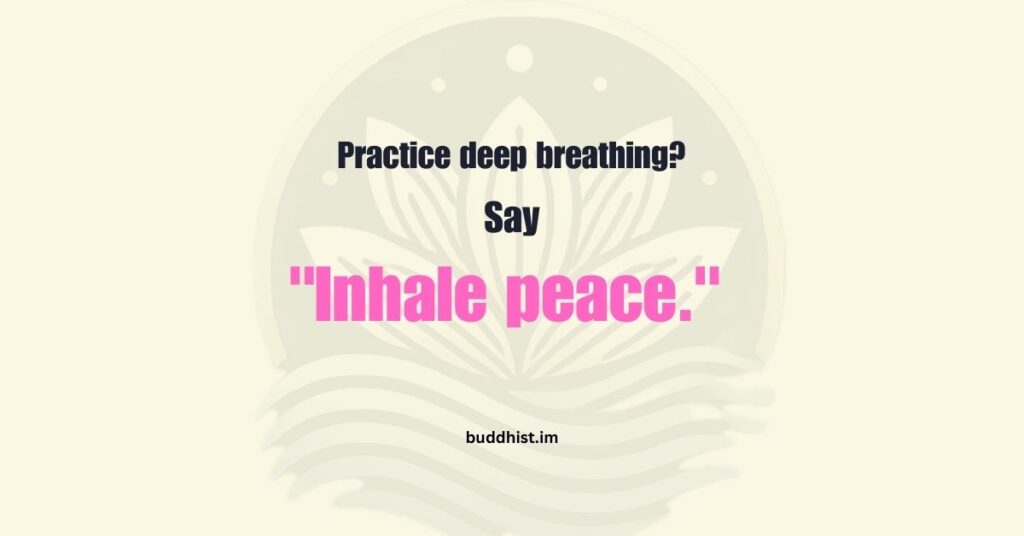Let’s be real, discipline is hard. You promise yourself you’ll wake up early, eat healthy, and finally stop texting your toxic ex… and then boom, Netflix, cake, and regret. But don’t worry, you’re not alone.
Buddhism has some mind-blowing lessons that can actually help you regain control of your life, without making you feel like a boring robot. So, if you’re ready to level up and stop self-sabotaging, buckle up. Here are seven Buddhist lessons that will make you more disciplined (and a little less of a disaster).
1. The Middle Way – Stop Being All-Or-Nothing
Ever gone on a diet and then, after one cookie, said, “Screw it!” and ate the whole box? Yeah, that’s because you’re living in extremes. Buddha preached The Middle Way, not too strict, not too reckless. Translation? You don’t have to be a gym freak or a couch potato. Balance, baby.
Actionable Tip: Instead of going cold turkey on bad habits, try gradual progress. Cut your TikTok time by 10 minutes instead of vowing to delete the app forever (because we all know you won’t).
2. Impermanence – Nothing Lasts Forever (Not Even Your Problems)
Stuck in a cycle of self-pity because life sucks? Guess what? It’s all temporary. Buddha said everything changes, your bad moods, your struggles, and even your embarrassing memories. (Yes, even that one.)
Actionable Tip: When you feel stuck, remind yourself, “This too shall pass.” Keep moving. You’re not a tree.
3. Mindfulness – Stop Letting Your Brain Ruin Your Life
How many times have you wasted hours overthinking a text? Or spiraled into anxiety about things that might happen? Mindfulness teaches you to stay present and stop living inside your chaotic brain.
Actionable Tip: The next time your brain starts running marathons of doom, take a deep breath and focus on something real, like the feeling of your feet on the ground or the taste of your coffee. It works. Trust me.
4. Karma – Your Actions Shape Your Future (So Stop Blaming Everyone Else)
Still blaming your toxic friend for your trust issues? Here’s a wake-up call: You choose who stays in your life. Buddhism teaches that your actions, big or small, create your future. So stop waiting for life to fix itself.
Actionable Tip: Take responsibility for your choices. If your life is messy, clean it up. That friend who always drains your energy? Block them.
5. Non-Attachment – Let Go of What’s Not Serving You
Buddhism says attachment = suffering. And no, this doesn’t mean you should ghost everyone. It means you should stop clinging to things that aren’t good for you, unrealistic expectations, toxic relationships, or that one-sided situationship that’s going nowhere.
Actionable Tip: If something (or someone) is hurting you more than helping, release it like an old Facebook status you’re embarrassed of.
6. Self-Discipline – Motivation Is a Lie, Routine Is Everything
Waiting for motivation to magically make you productive? Hate to break it to you, but motivation is as unreliable as a guy who says, “I’m not like other guys.” What actually works? Discipline. Buddhism teaches that real growth comes from consistent actions, not fleeting feelings.
Actionable Tip: Build small routines. Instead of waiting to “feel like” studying, make it a habit to study for just 10 minutes a day. No excuses.
7. Compassion – Be Kind to Yourself (Seriously, Stop Being a Jerk to You)
You wouldn’t talk to your best friend the way you talk to yourself. (Imagine telling her, “Wow, you’re such a failure.”) So why do you do it to yourself? Buddhism teaches self-compassion, because being disciplined doesn’t mean being a self-loathing drill sergeant.
Actionable Tip: Next time you mess up, don’t spiral into guilt. Just say, “Okay, that was dumb. I’ll do better tomorrow.” And move on.
Final Thoughts: You Got This!
Being disciplined doesn’t mean you have to be perfect. It just means you show up for yourself, little by little, every single day. So take these Buddhist lessons, apply them, and watch your life transform.
Now, go forth and be the balanced, mindful, self-disciplined queen you were meant to be.

